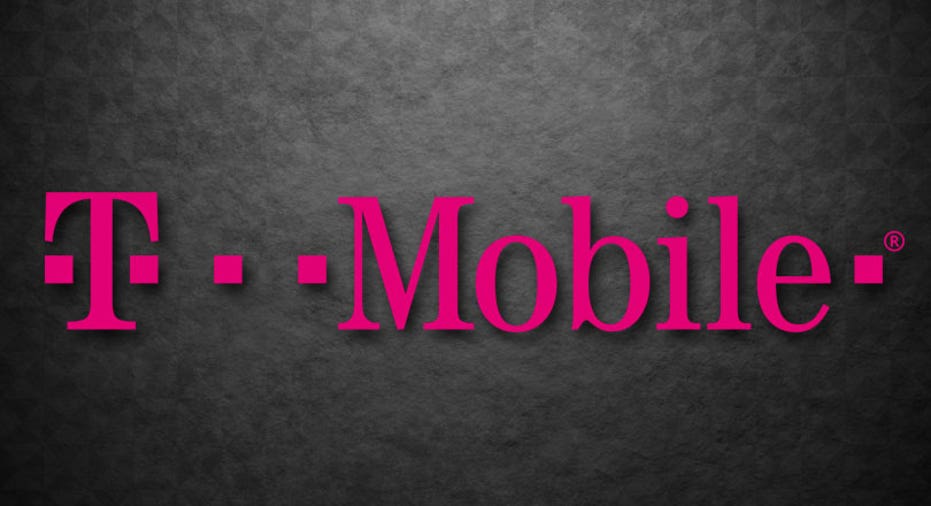T-Mobile Offers $30 Plan for Tourists Visiting the US

T-Mobile's complementary international data roaming freed American travelers from the hassle of buying local SIM cards when they land in a foreign country, but the carrier is going in a different direction with a new plan for visitors to the US.
Announced today, the $30 T-Mobile "Tourist Plan" offers foreign business travelers and tourists 2GB of LTE data, 1,000 minutes of domestic calling, and unlimited texts. It requires an unlocked phone and a free SIM card, which visitors must pick up at a T-Mobile store.
It's not renewable and expires three weeks after sign-up, though the carrier does offer unlimited 2G data once the 2GB of LTE data is used up. Using the phone as a mobile hotspot is also free, though it will count against the data limit. As with other T-Mobile plans, data use on partner networks within the US is limited to 200MB.
Tourists looking to catch up on all the Netflix shows they can't get in their home countries are out of luck, since the carrier's popular Binge On service, which allows unlimited video and audio streaming, is not included.
The tourist plan will be available in T-Mobile stores starting June 12, though it may not be the best option for all visitors, especially those who are data hungry or plan to visit the US for longer than three weeks at a time. That's because T-Mobile's Simply Prepaid plan includes 3GB of LTE data and unlimited talk and texts for $40 per month—that's just $10 more than the Tourist plan.
AT&T and Verizon offer similar $45 prepaid plans with unlimited talk and text and 3GB of high-speed data, though Verizon requires you to enroll in its auto pay feature to get the full 3GB. Otherwise, you're limited to 2GB of high-speed data.
Still, a plan catering specifically to international tourists is a good marketing move for T-Mobile, which has considerably higher brand recognition around the world thanks to its parent Deutsche Telekom. Cell phone service under the T-Mobile or Telekom brands is available in several European countries.
This article originally appeared on PCMag.com.



















